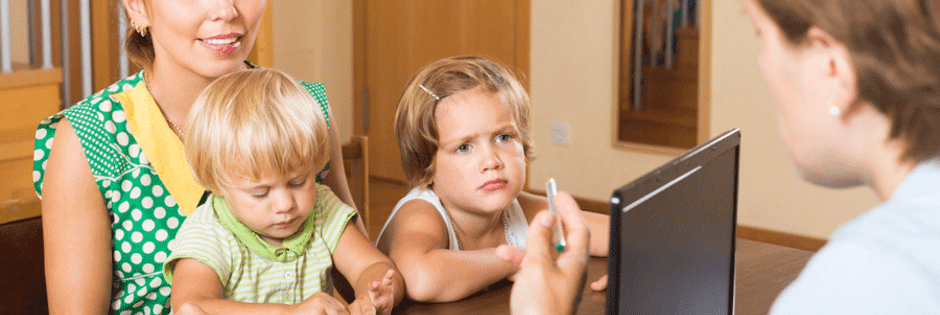Many rural areas in the Baltic Sea Region find themselves in a downward spiral, where outward migration and the recent economic downturn are leading to a deterioration of social service infrastructure and quality of life. Social empowerment in rural areas (SEMPRE) – a project funded by Interreg Baltic Sea Region – is getting ready to improve social services.
On the shores of Nemunas, where the Mituva and the Imsre pour into the majestic river, villages are scattered and towns are few. Jurbakas, with a population of some 13,000, is the municipal centre of this Lithuanian district. Its classical brick buildings and Soviet style housing blocks have modern windows, the library building is brand new and the streets are neatly paved. Yet the Jurbakas region is Lithuania’s main concern in terms of social problems. After being struck by the economic crisis, development practically came to a standstill. Nowadays, many people venture away to other EU countries to make their living – often leaving behind a child to live with the second parent, with a relative or even alone. Single parents are numerous in the Jurbakas region and social services are underdeveloped. Both the children and the single parents suffer.
Ingrida Karuniene has set out to change this situation. She and her colleagues at the Lutheran Diaconia – a charitable organization of Protestant churches – know that single parents have very basic problems, for example getting the children to school, not leaving them alone when something urgent has to be taken care of, or applying for financial or material support from the state. But they do not know which problems are the most pressing and which ones to focus limited resources on.
“What we need first is to find the best way to assess single parents’ actual needs,” Ingrida states firmly. Ingrida is not only a social worker, she is a manager, too. And she does not want to start from scratch. For that reason, she has joined the Interreg project SEMPRE – social empowerment in rural areas. With the help of social welfare institutions in Latvia, Estonia and Germany as well as organisations in business training and development in Denmark, Poland, Sweden and Finland, Ingrida wants to advance social work not only in Jurbakas but throughout Lithuania. In Jurbakas, however, the partners will carry out one of the in-depth case studies.
Doris Scheer of Diaconia Schleswig-Holstein in Germany has already gained experience with this type of work in her region. In a local study, Diaconia conducted a series of interviews and focus groups in different towns and villages to better understand the conditions facing single parents . “Statistics do not tell us much about what people need. With interviews, we got a feel for the actual life of people in need.”
In the town of Büsum, for example, Diaconia found out from interviews that single mothers wanted to have more sports activities. Even though there were enough sports activities on offer, there was no child care available. As a result of the interviews, the mothers got organised, found a sports tutor and organised child care with a professional social service for mothers with children. Diaconia just provided the spark and a small amount of money for the tutor. Doris Scheer emphasises: “This is a good example of how we can integrate our providers and users of social services. And this is what we would like to transfer to a bigger international level with the SEMPRE project.”
Ingrida explains her expectations for the project: “We have strong partners in the project who have already done research on single parents. We want to learn from this – for example, what information was important, what they found out, and most importantly, what they did with the results.” The main outcome of the project will be a handbook of modern methods of needs assessment and involvement. “This methodological handbook will be the start of a new programme to train social centres and social workers in Lithuania.” Among them will be social workers in Jurbakas, e.g. those working for the womens’ crisis center, the governmental social service center and numerous child care centers.
And the handbook’s topics will go well beyond single parents. There will be methods to work with people with disabilities, with migrants and with people suffering from addiction. Doris Scheer is coordinating the project throughout the next three years. She, too, has high expectations for the project because she considers Diakonia a learning organisation: “In this project, we will get new ideas to generate new and different solutions which we would not have seen otherwise.”
The article was based on interviews with Doris Scheer, SEMPRE project coordinator, representing the Lead Partner organisation Diaconia Schleswig-Holstein and Ingrida Karuniene, who represents the project partner Lutheran Diaconia of Lithuania.
Related files
Related links
» “Give, exchange, donate” – A micro project carried out by single parents in Lithuania







